Alumni Voices
We are proud of the outstanding Ph.D. alumni who are succeeding in universities, governments, research institutes, industries, and community organizations around the world. Hear from a few of our alumni about their experiences with our graduate programs.

"I can confidently say that my graduate studies at MSU have prepared me to be a well-rounded scholar. Between the coursework, TA and RA opportunities in the Psychology Department specifically, I have been able to develop a unique skillset that enables me to conduct research that enacts meaningful change while also being an effective educator."
-Jaleah Rutledge, Ph.D., Ecological-Community Psychology
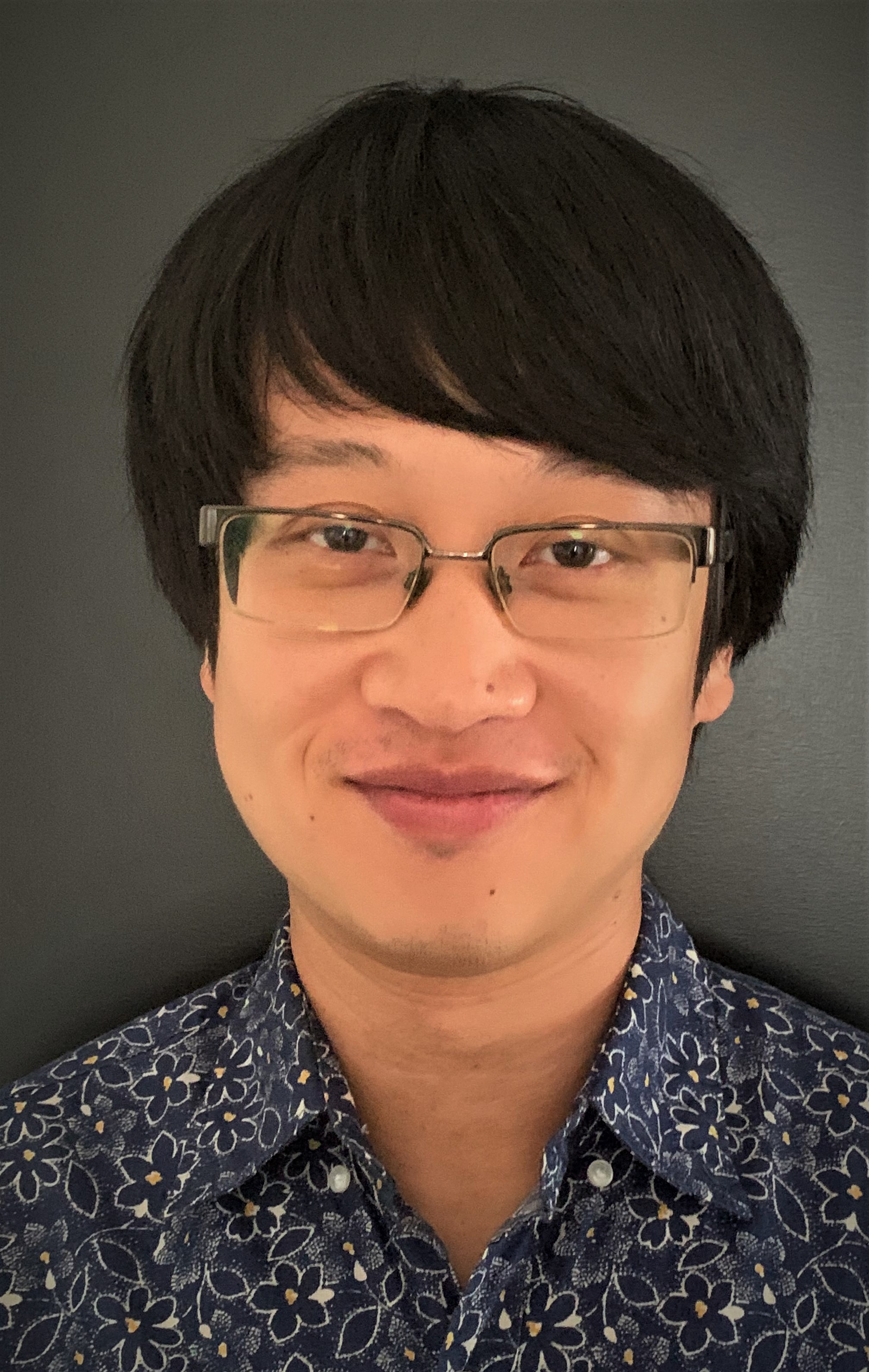
"My time at MSU helped me identify the values that are important to me and what I want to prioritize. As I move into different phases of my career, it's given me an anchor and helped me see what matters and what doesn't matter. In the context of research, truth matters but people matter, too. You have to think twice if the advancement of knowledge is at the expense of people. It’s an honor to be a social scientist, it’s a privilege to be able to work with people and pay it forward. My time at MSU helped me understand that.
I really feel that the program is quite special - it holds a very significant and dear place in my own heart. It was difficult and challenging, but it was so meaningful."
Jeff Lin, Ph.D., Clinical Science

"When I think about my time at MSU Psychology, I think about the people, the science (including the rats!) and how much fun it was. That’s not to say there weren’t long hours or challenging times, but being able to ask cool questions and enjoy the process with lab mates who became good friends was what made it fun. Grad school is a really unique time when you get to really dive into learning a ton of new things, and I'll always appreciate my time at MSU."
Lauren Raycraft, Ph.D., Behavioral Neuroscience
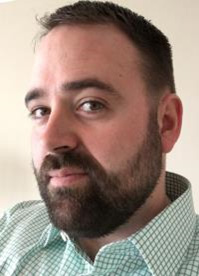
"I do not think I fully appreciated how many opportunities I had to learn from true experts while at MSU. Now that I have been on the other side trying to recruit people for my own research team, it has become clear to me that many graduate schools do not provide a level of training in methods and statistics that even comes close to what you can get at MSU just by knocking on a few people's doors."
-Edward Witt, Ph.D., Social and Personality
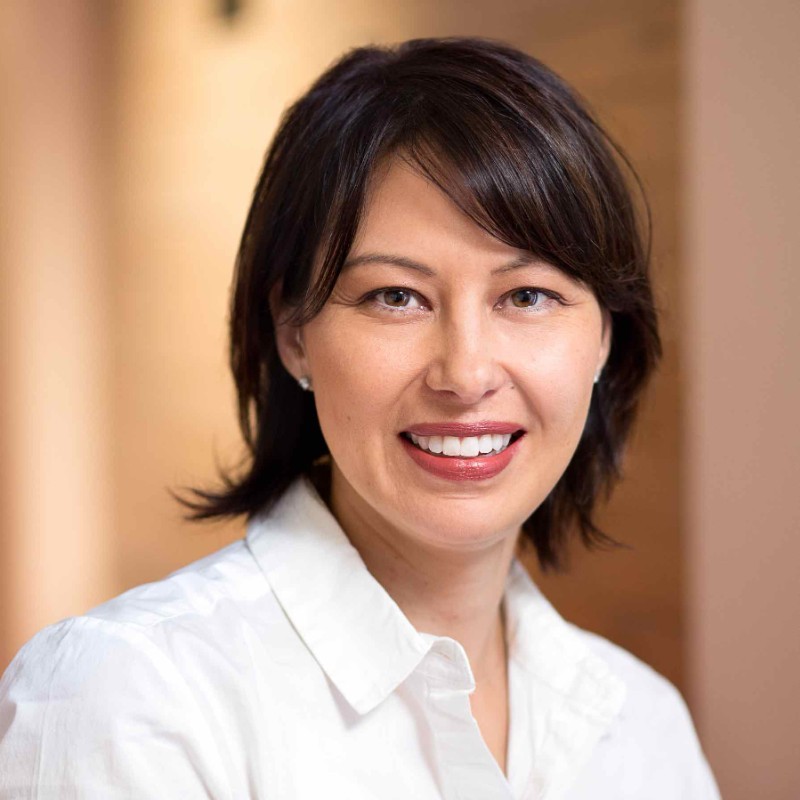
"I’ve benefited from the technical skills I learned at MSU, especially interpreting data. I learned how to think critically and consider models and frameworks for connecting the dots. I’m often told that I bring an objective, analytical, systemic, and strategic view to issues and I attribute that to my education at MSU. Being able to take in the information and honestly assess and analyze it has really helped me."
-Cori Davis, Ph.D., Organizational Psychology
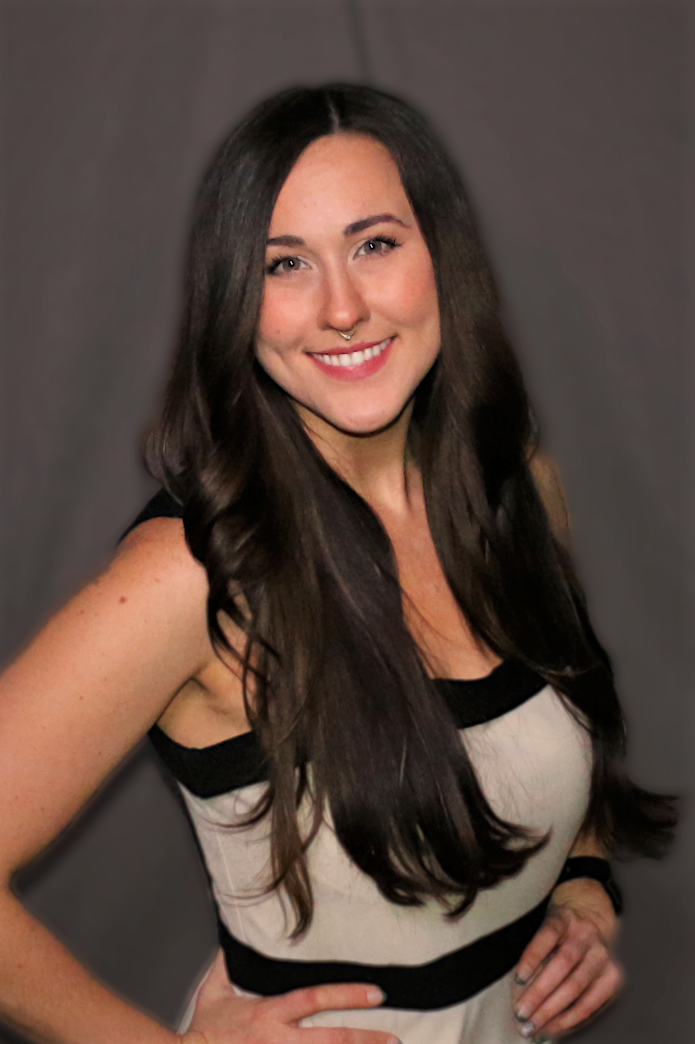
“The psychology graduate program at MSU prepared me for an academic career in numerous ways. I enjoyed the support of faculty engaged in high-quality research, a cohort of students who were friendly and cooperative, and opportunities to teach and pursue my own research goals. The collaborative community at MSU made it a welcoming place to grow both as an individual and as a scientific researcher in the increasingly interdisciplinary field of cognitive science.”
-Carolyn Kroger, Ph.D., Cognition & Cognitive Neuroscience

"The Clinical Psychology program at MSU was excellent in preparing me for conducting my own research as a professor, training me for an academic setting, and also providing me with really great clinical training. After completing the program, I felt I could converse with a variety of professionals across different settings and hold my own and feel competent. I think the diversity of training experiences and opportunities for research were wonderful through the program."
-Mikhila Wildey, Ph.D., Clinical Science
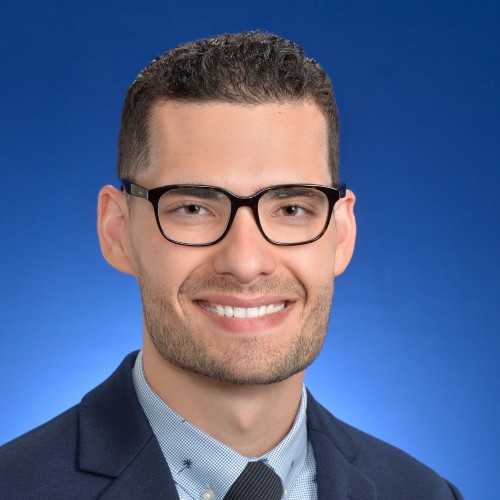
"More than anything, my PhD program exposed me to diverse perspectives. I was fortunate enough to be in a diverse environment and learn how to work through any cultural differences and find common ground. I think that was something that really helped me because it gave me the tools to succeed where I am now in an international company with over 38,000 employees."
-Joel Soler, Ph.D., Behavioral Neuroscience
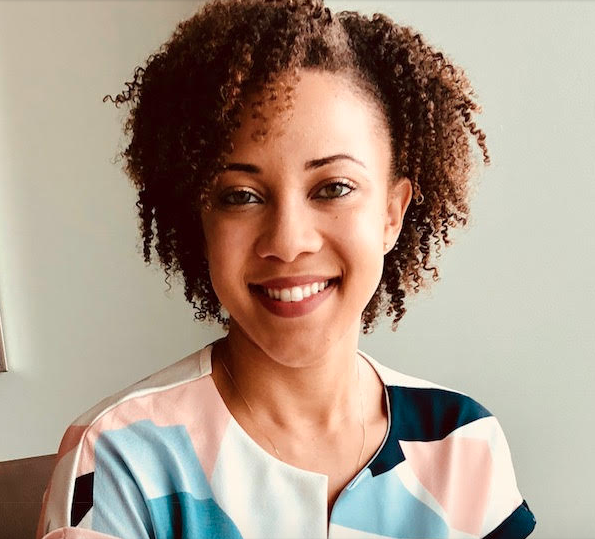
"I loved the graduate program at MSU. I felt grateful because it is a star-studded cast of faculty that mentored me, taught my classes, and prepared me for what was next. I think a lot of how I've modeled my mentorship style, research, and project management skills are based on the things that I saw faculty doing there at Michigan State."
-Danielle King, Ph.D., Organizational Psychology
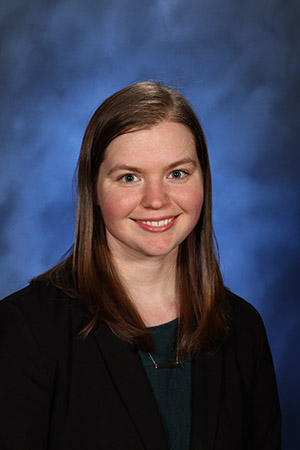
“Having worked with so many different problem areas as a graduate student, I learned to always remember that the community members are the experts in what they are doing and I’m there to support them with the tools that I bring in. One of the most important things about doing community-based work is needing to adapt and work directly with the assets and needs that the community members have.”
-Jennifer Lawlor, Ph.D., Ecological-Community Psychology
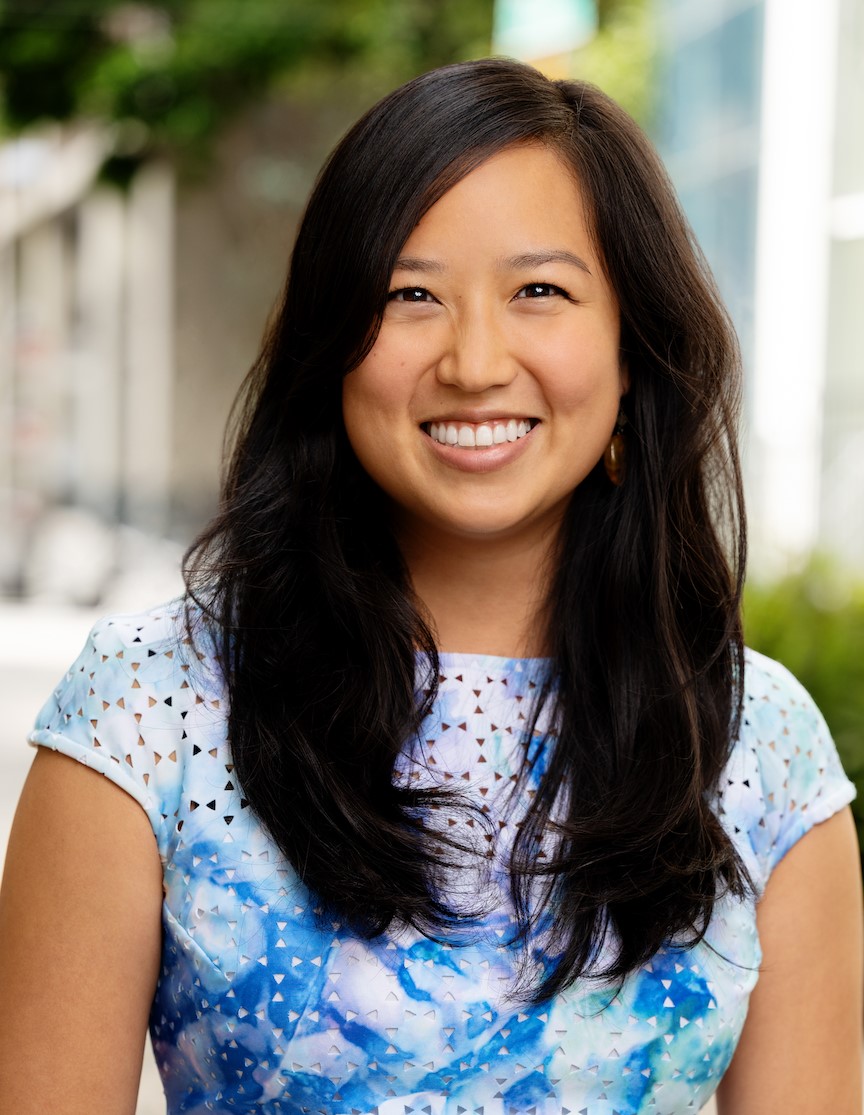
"It was clear after mingling with other psychologists and trainees outside of MSU that the training we received in the MSU Clinical Science program left us well-prepared to figure out our next steps. This was certainly something to feel proud of."
-Sharon Adusei, Clinical Science
"My professors did a really great job of not just teaching us the important things we need to know from the research and textbooks, but also taking it one step further and helping us apply it in real world organizations and environments. To learn the theory and how to apply it to the real world was extremely helpful. I walked away with the understanding of why but also with the skill-set and experience to apply it."
-Jacob Bradburn, Ph.D., Organizational Psychology
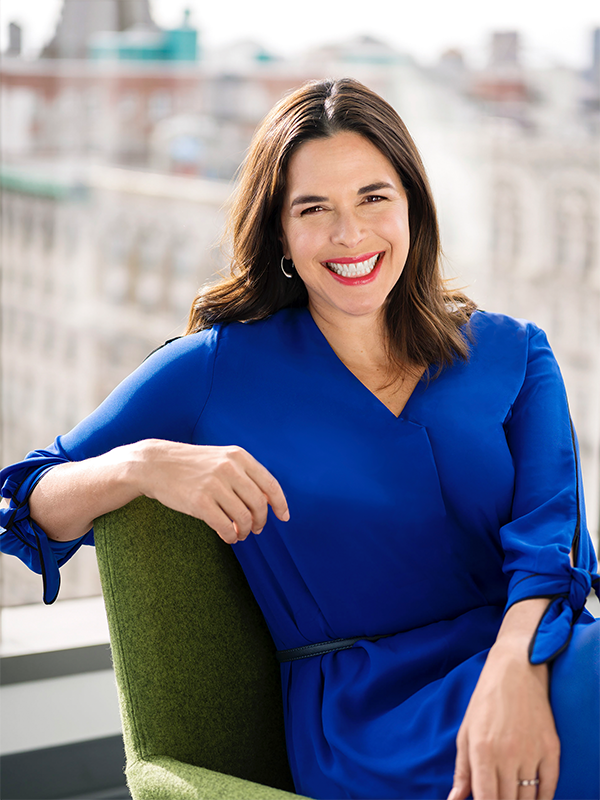
“My time in psych and kinesiology taught me about the power of having really great people around me. My research and my thinking improved because of the questions my advisors and fellow PhD students asked me. I loved everything about the school, the place, the people, and the academic rigor."
-Sian Leah Beilock, Ph.D., Psychology and Kinesiology
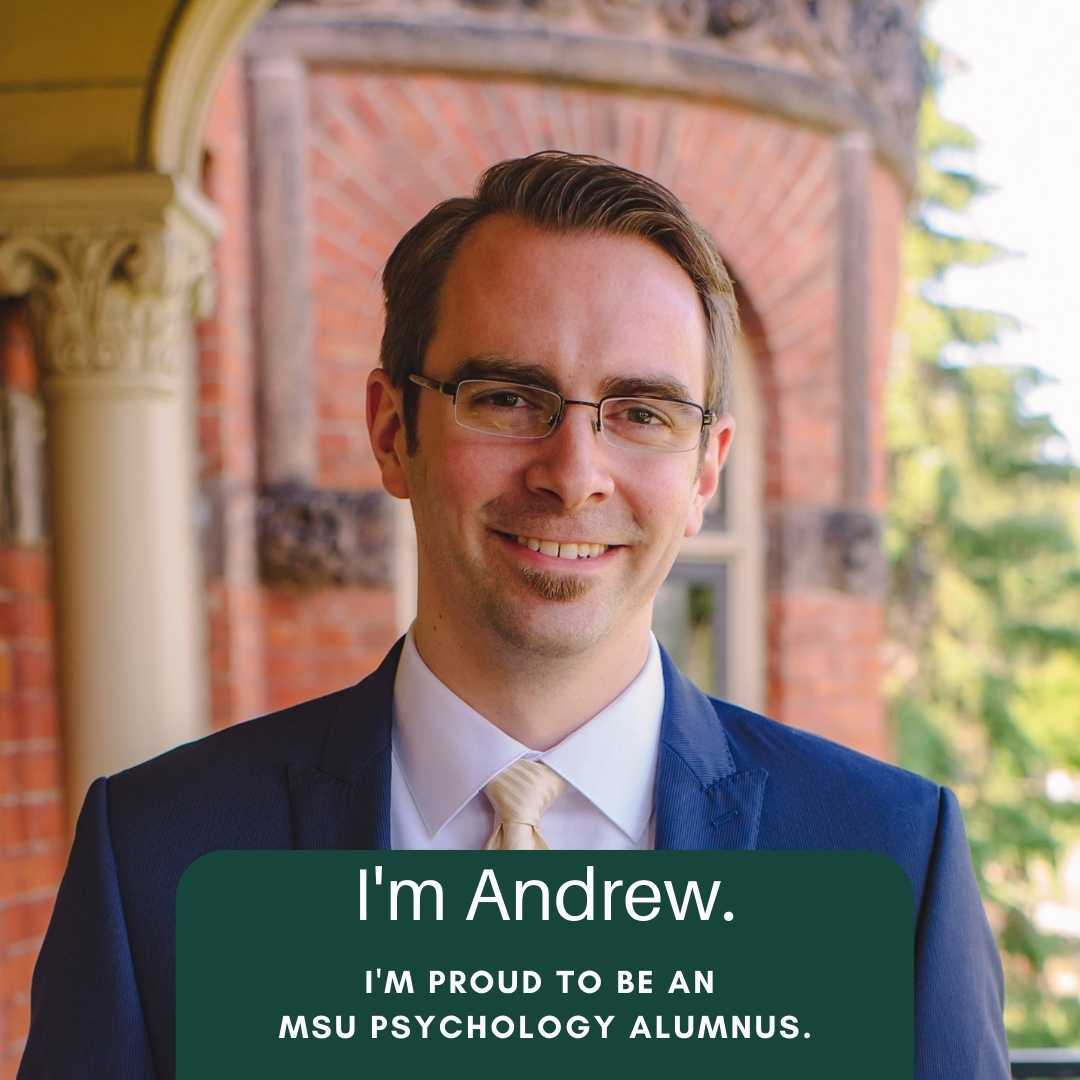
"The training that you receive in a graduate-level psychology program is all about how you assess things within the minds of people that you can't directly see. When we’re looking at difficult-to-measure customer sentiments, like enthusiasm and dissatisfaction, my psychology background has uniquely positioned me to evaluate those things, especially from a scientific perspective."
-Andrew Defever, Ph.D., Social and Personality

